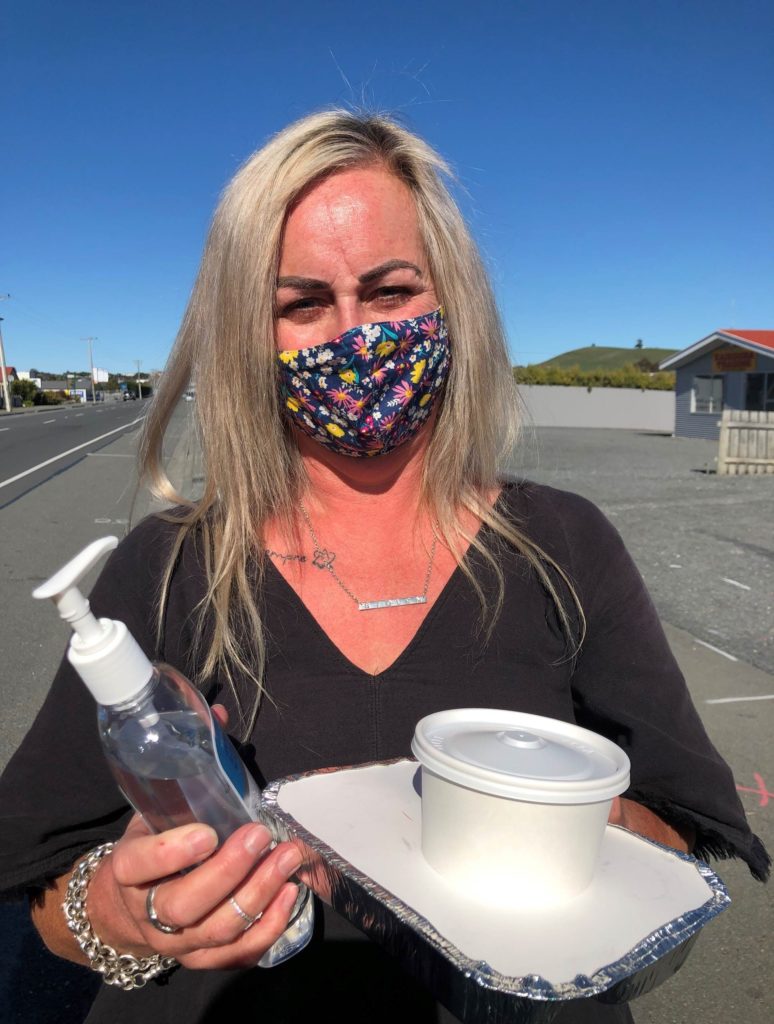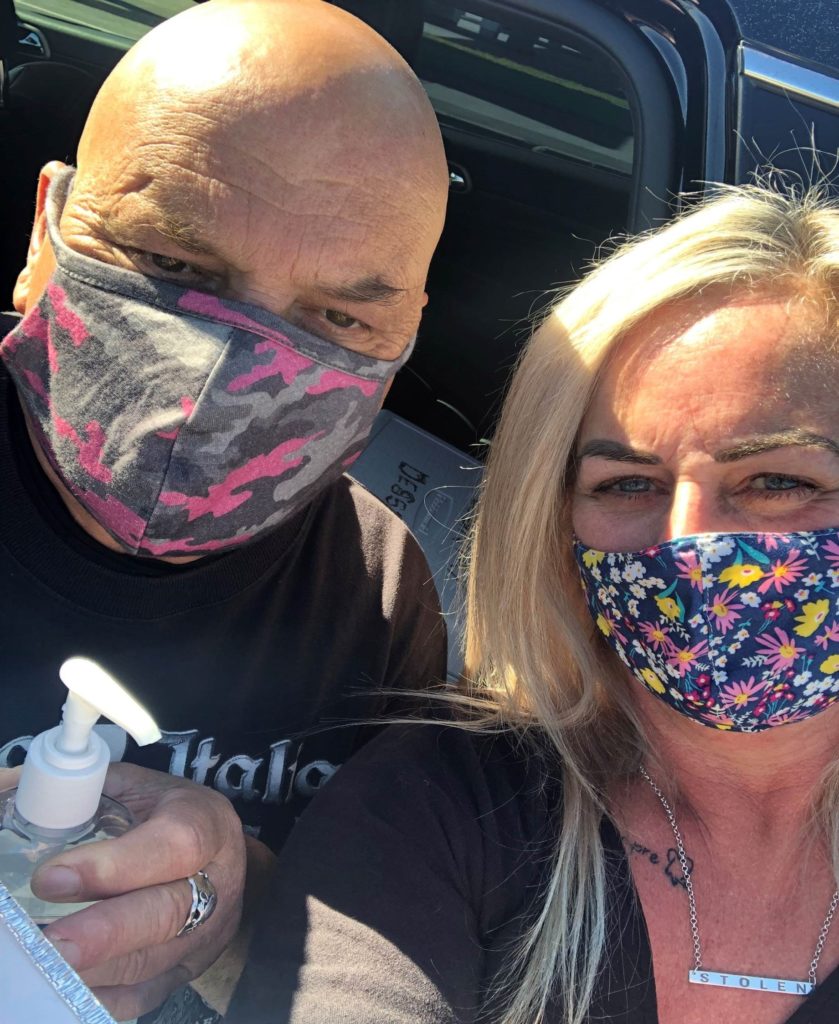Calendar
Upcoming clinics and services.
[calendar id=”179″]
Kaikōura Health News
Posts by Month
January 2023
February 2022
October 2021
- A positive, relaxed Super Saturday 16.10.21
- STOP, wait…it’s time to vaccinate!
- Covid Vaccination Clinic update
- Kaikōura has highest rate of fully vaccinated people
September 2021
- ASB Good as Gold: Ari Boyd & The Kaikoura Māori Wardens
- Meals on Wheels Hero’s in alert levels 3 & 4!
- Kaikōura Health update 24 August 2021
August 2021
- TIPS for Covid Vaccination bookings
- COVID-19 Vaccination bookings
- Patient Appointment Update
- Flu Vaccinations
February 2021
November 2020
April 2020
March 2020
- COVID-19 update
- Keeping our Kaikōura community well in response to COVID-19
- COVID-19 response in Kaikōura
- Flu vaccination season 2020

